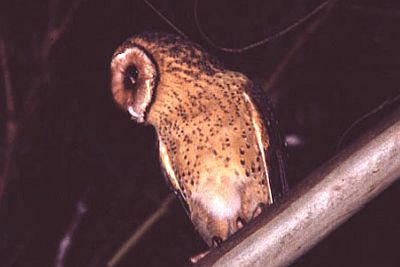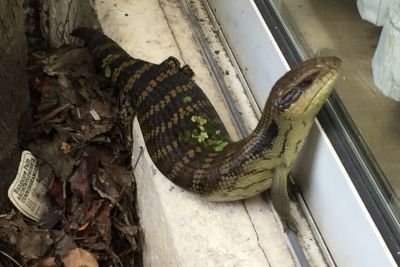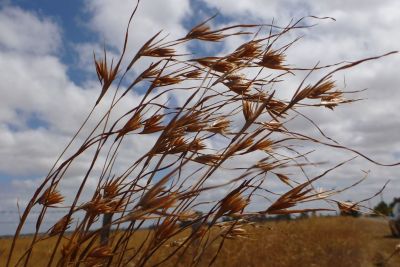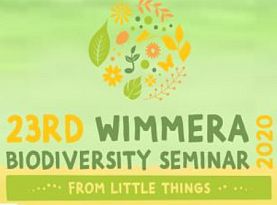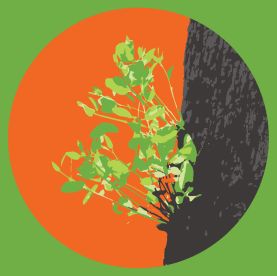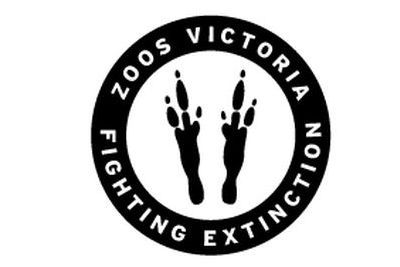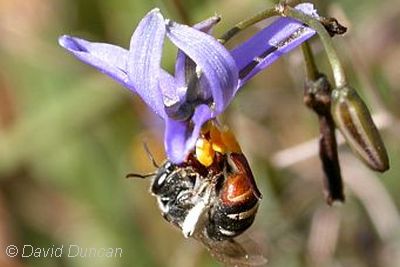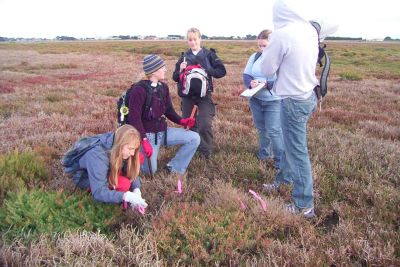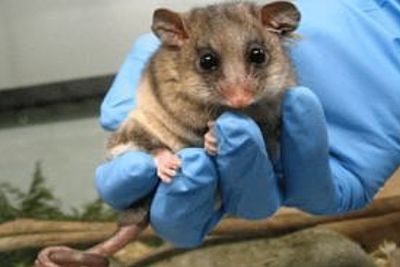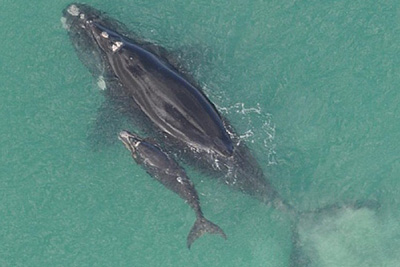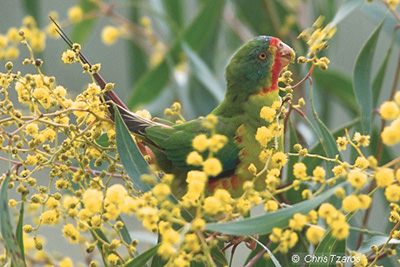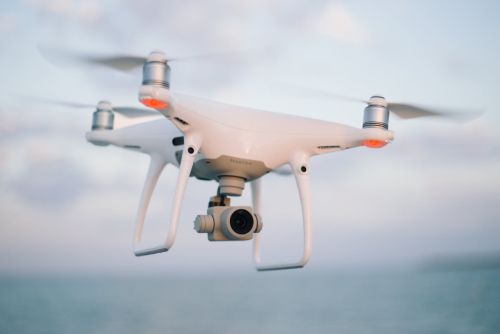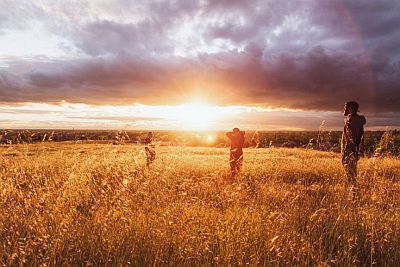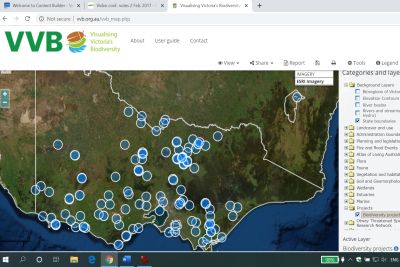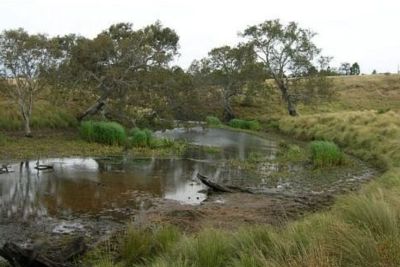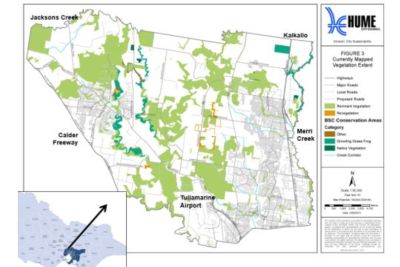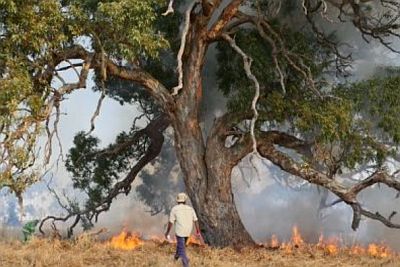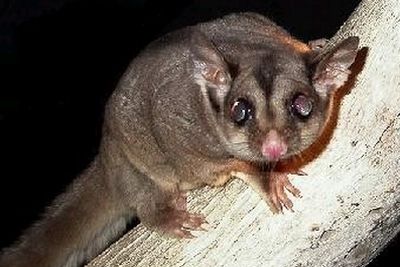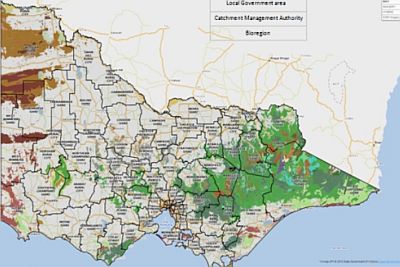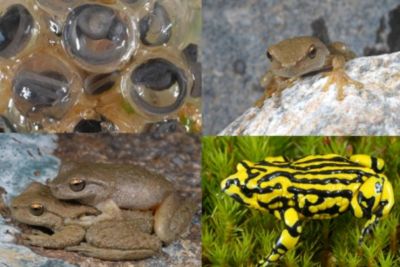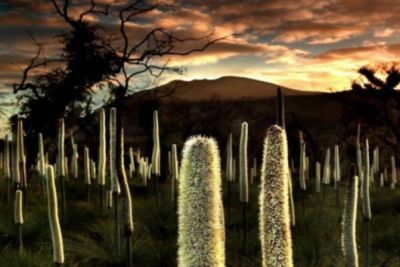SWIFFT seminar notes
Follow the links below to our detailed seminar notes. To find out about upcoming seminars, visit our SWIFFT Seminars page.
Notes from the 2024 seminar program
Bat conservation
Bats are a unique part of our native fauna because they are the only mammals capable of flight and also play an important ecological role. This seminar will explore the ecology and conservation of the fruit bat and insectivorous bats. Learn about how bats are part of our lives in urban and rural areas and how to care for them.
21 March
Unfolding trends in Conservation
This seminar explores new and emerging strategies across Government - Threatened species Action Plan 2022-2032, NGOs - Australian Land Conservation Alliance (ALCA), Indigenous education and the use of Onsets in developments.
23 May
New discoveries & methodologies
With the challenges of Climate Change combined with an ever-increasing population and an expanded footprint of humans on the landscape the conservation outlook can seem bleak. However, this seminar will look at some of the important gains through re-discovery of threatened flora and fauna and securing of habitat for conservation on private and public land.
31 October
Notes from the 2023 seminar program
NGO’s role in habitat restoration and management
Non-government agencies play an important role in restoring and managing habitat for Victoria’s native flora and fauna as well as being an integral part of threatened species recovery. Learn about some of the projects and ways in which NGO’s fund and manage their conservation activities.
23rd March
Marine biodiversity conservation in Victoria
Just over 20 years ago, Victoria embarked on the most significant marine conservation program in its history with the establishment of 13 large marine national parks and 11 smaller marine sanctuaries. This seminar will explore the lessons learnt and opportunities for marine conservation into the future.
25th May
Agriculture supporting native flora & fauna
Victoria’s landscape has been transformed since European settlement with agriculture being a major driver in landscape change, particularly across the more fertile soils. We will learn how modern-day agricultural enterprises can contribute to restoring and conserving biodiversity whilst gaining economic benefits.
27th July
New technologies such as eDNA, acoustics, thermal imagery and machine learning have opened up new ways of detecting and monitoring flora and fauna. This seminar will explore some applications not only for researchers but also for Citizen Scientists.
26th October
Notes from the 2022 seminar program
Nature at home and in my landscape
Nature is all around us. Learn how we can connect with nature, personal, within families or through groups and conservation projects and the benefits to our health and wellbeing.
24th March
Small mammal conservation
Small mammals are hard to see and are easily overlooked. Learn about some of Victoria’s small native mammals, their habitats, life stages and conservation measures required for their survival.
26th May
Arthur Rylah Institute – Science that matters
ARI is at the forefront of many research initiatives designed to improve our understanding of species and the natural environment. Learn about the role of ARI, the variety of work and the breadth of expertise within the organisation.
28th July
We might think about nature sometimes, always or never but how can we change people’s behaviour towards nature? This seminar will look at ways of influencing people to engage with nature and include nature conservation in their everyday lives.
27th October
Notes from the 2021 seminar program
Fire recovery and Citizen Science
See examples of how Citizen Science can contribute to the return of species after bushfires and how you can help.
25th March
Crossings for wildlife
With an increased human footprint in our environment we will look at ways in which we can assist the movement of wildlife across roads, farmlands and within waterways.
20th May
Royal Botanic Gardens Victoria
Learn about Victoria's herbarium, flora conservation, research and science behind the gardens including VicFlora online tools.
29th July
We will focus on learning more about Victoria’s freshwater invertebrates such as crayfish species, mussels, water bugs and their conservation.
21st October
Related Seminars in 2021 - view recordings
Notes from the 2020 seminar program
SWIFFT special event: Biodiversity after bushfire
Learn about the biodiversity emergency rescue and response after the January/February 2020 bushfires in Eastern Victoria.
26 March 2020
Marine Biodiversity
Learn about how organisations such as the Marine Mammal Foundation and others are undertaking projects to conserve threatened species in the marine environment.
13th February
Sensing Our Environment
Explore how the latest technologies such as Bioacoustics can be used to better understand species ecology and the environments in which they live.
23rd April
Urban Ecology
As our urban footprint expands this seminar will look at what we can do to reduce impacts on biodiversity and restore habitat through youth leadership.
23rd July
Natural Temperate Grasslands and Grassy Eucalypt Woodlands are Critically Endangered. We hope to explore current and future conservation programs.
22nd October
Related Seminars in 2020 - view recordings
Notes from the 2019 seminar program
Zoos Victoria Fighting Extinction
Learn about what Zoos Victoria is doing to protect 21 species from extinction.
14th February
Native Bees, Wasps and Ants
Time to think about the small things in life and gain a better understanding of these insects, their role and conservation status.
4th April
People for Nature
Explore Citizen Science and challenges concerning Climate Change on species conservation.
25th July
Look at some examples of community involvement in threatened species recovery across private and public land.
24th October
Notes from the 2018 seminar program
Citizen Science and threatened species conservation
Citizen Science can contribute to a wide variety of conservation programs.
1st February
Bird conservation and legislation
Trying to understand declines in woodland birds, shorebirds and floodplain birds.
26th April
How and why we need to be creative and coordinated
25th October
Notes from the 2017 seminar program
Online biodiversity data
Learn about Atlas of Living Australia, Victorian Biodiversity Atlas, Visualising Victoria’s Biodiversity and BowerBird online Citizen Science.
2nd February 2017
Victorian Threatened Species Protection Initiative - case studies
View Threatened Species Protection Initiative funding program outcomes overview and five case studies.
27th April 2017
Local Government Conservation Management
Learn about how Local Government conserves rural environments through planning and controls, plus waterway protection in the Dandenong’s. Overview of Victoria’s Biodiversity Response Planning.
27th July 2017
Explore some examples of how Indigenous Culture is entwined in land management and lessons which can be applied in this day and age.
25th October
Notes from the 2016 seminar program
Threatened Possums and Gliders in Victoria
Synopsis of Victoria's Threatened possums and gliders. Plus, Leadbeater’s Possum conservation and Squirrel Glider road crossings research.
11th February 2016
Local Government biodiversity conservation
Featuring, Macedon Ranges Shire conservation programs and Victoria’s Local Government Biodiversity Planners Network.
28th April 2016
Threatened species population supplementation
Captive breeding and release can prove helpful in species recovery. Focus on Amphibians, Regent Honeyeater, Native orchids and the Mountain Pygmy Possum.
28th July 2016
There is a tremendous amount to learn regarding the way indigenous people lived with the land. We focus on the Indigenous Fire Workshop, Aboriginal waterway assessment process and Barapa Water for Country pilot project.
27th October 2016
2015
- Native freshwater fish - 5 February 2015
- Migrations - 30 April 2015
- Moths and butterflies - 30 July 2015
- Victoria's Biodiversity Strategy and Biodiversity Mapping - 29 November 2015
2014
- Raptors - 6 February 2014
- Marine wildlife - 24 April 2014
- Wildlife on farms - 31 July 2014
- Wetlands - 31 October 2014
2013
- Reptiles - conservation and management - (Worsening status, Translocation Striped Legless Lizard, Carpet Python)18 April 2013 pdf
- Community conservation (Zoo's Vic., Nature Watch, Reef Watch, Landcare Bandicoots) - 25 July 2013 pdf
- Conservation of remnant trees in rural environments - 31 October 2013 pdf
2012
- Habitat enhancements - 2 February 2012
- Introduced predators - fox and feral cat - 19 April 2012 pdf
- Bat ecology and conservation - 26 July 2012 pdf
- Biodiversity conservation in urban and fringing landscapes - 31 October 2012 pdf
2011
- Amphibian Ecology - 27 January 2011 pdf
- Victorian Volcanic Plain native grassland recovery - 19 April 2011
- Threatened species re-introductions - 28 July 2011
- Threatened species conservation on private land - 27 October 2011
2010
- Biodiversity education - 28 January 2010
- Fungi, Mosses and Lichens - 28 April 2010
- Aboriginal Land Management - 29 July 2010
- Insect - plant associations - 28 October 2010
2009
- Ecosystem conservation - 29 January 2009
- Marine biodiversity conservation - 22 April 2009
- Fire & biodiversity - 23 July 2009
- Managing small reserves - 29 October 2009
2008
- Bird monitoring - 31 January 2008
- Climate change & biodiversity datasets - 1 May 2008
- Biodiversity management & the Victorian Volcanic Plains - 23 July 2008
- Freshwater ecosystems & the drought - 23 October 2008
2007
- Penguins, Invertebrates - 14 February 2007
- Millipedes, Echinoderms, Casterton biodiversity project - 23 May 2007
- Butterflies, Western Wetlands project - 22 August 2007
- Native grasslands - 14 November 2007 - pdf
2006
- Living landscapes - 16th February 2006
- Management updates - 18th May 2006
- Management updates - 13 July 2006
- Management updates - 8 November 2006
2005
- Notes 14 July 05
- Chytrid Fungus -13 October 2005



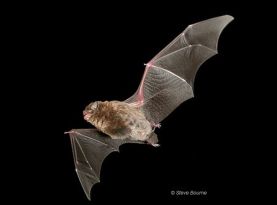
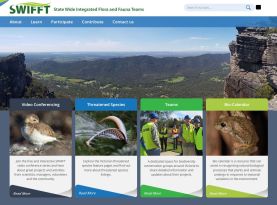
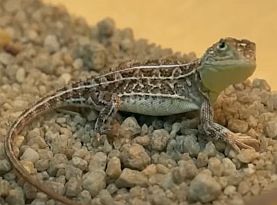
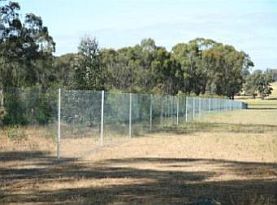
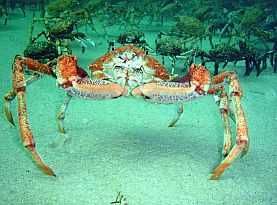
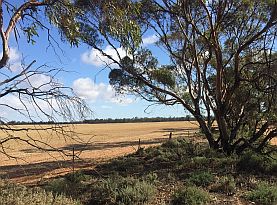
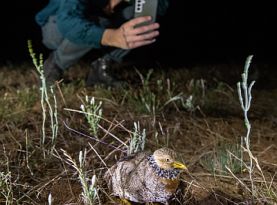
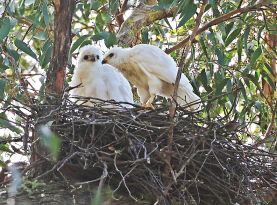
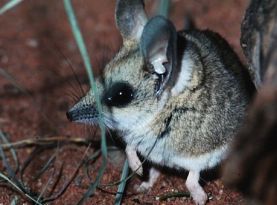
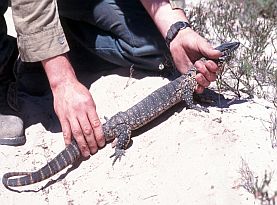
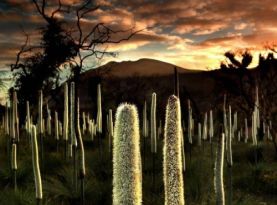
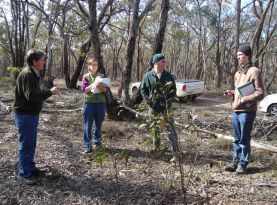
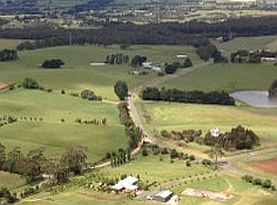
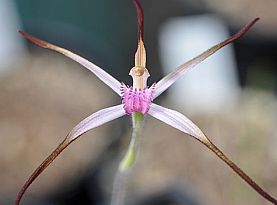
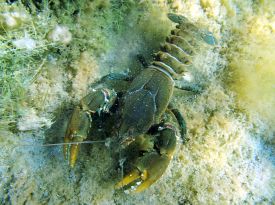
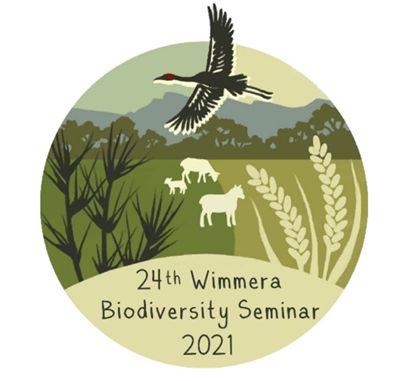
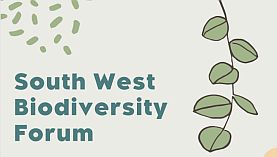
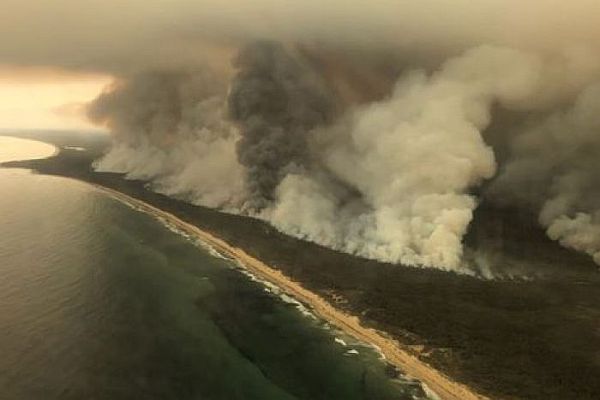
.jpg)
